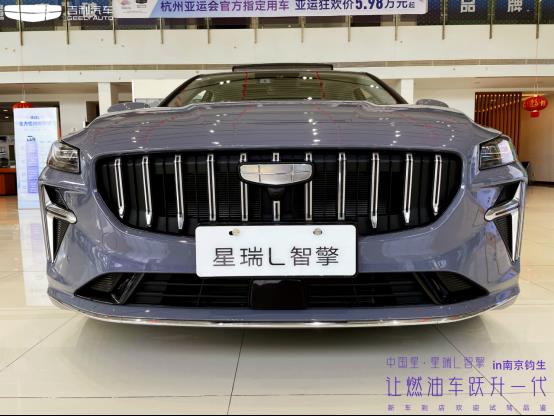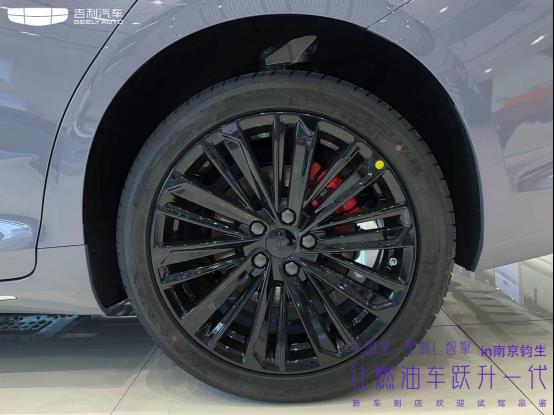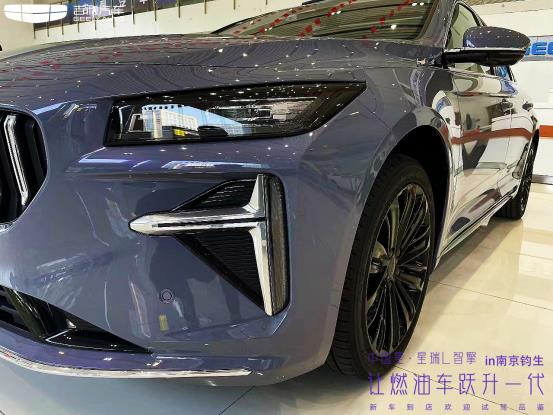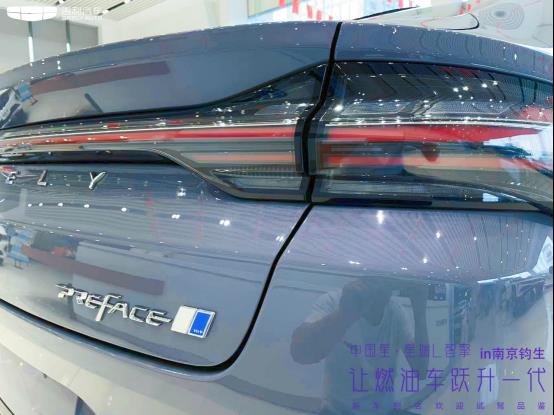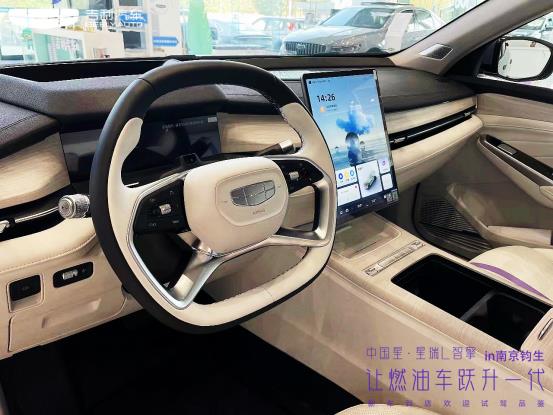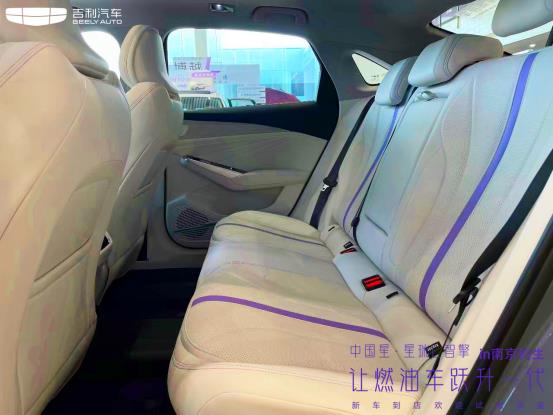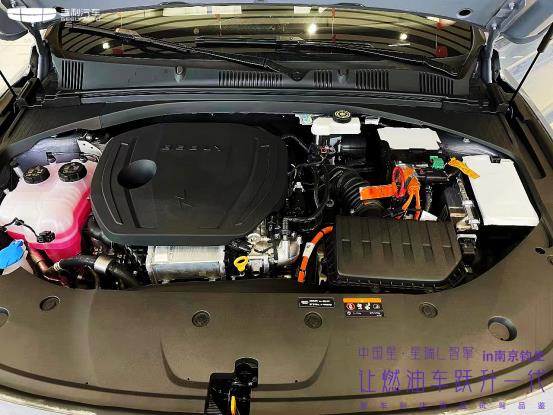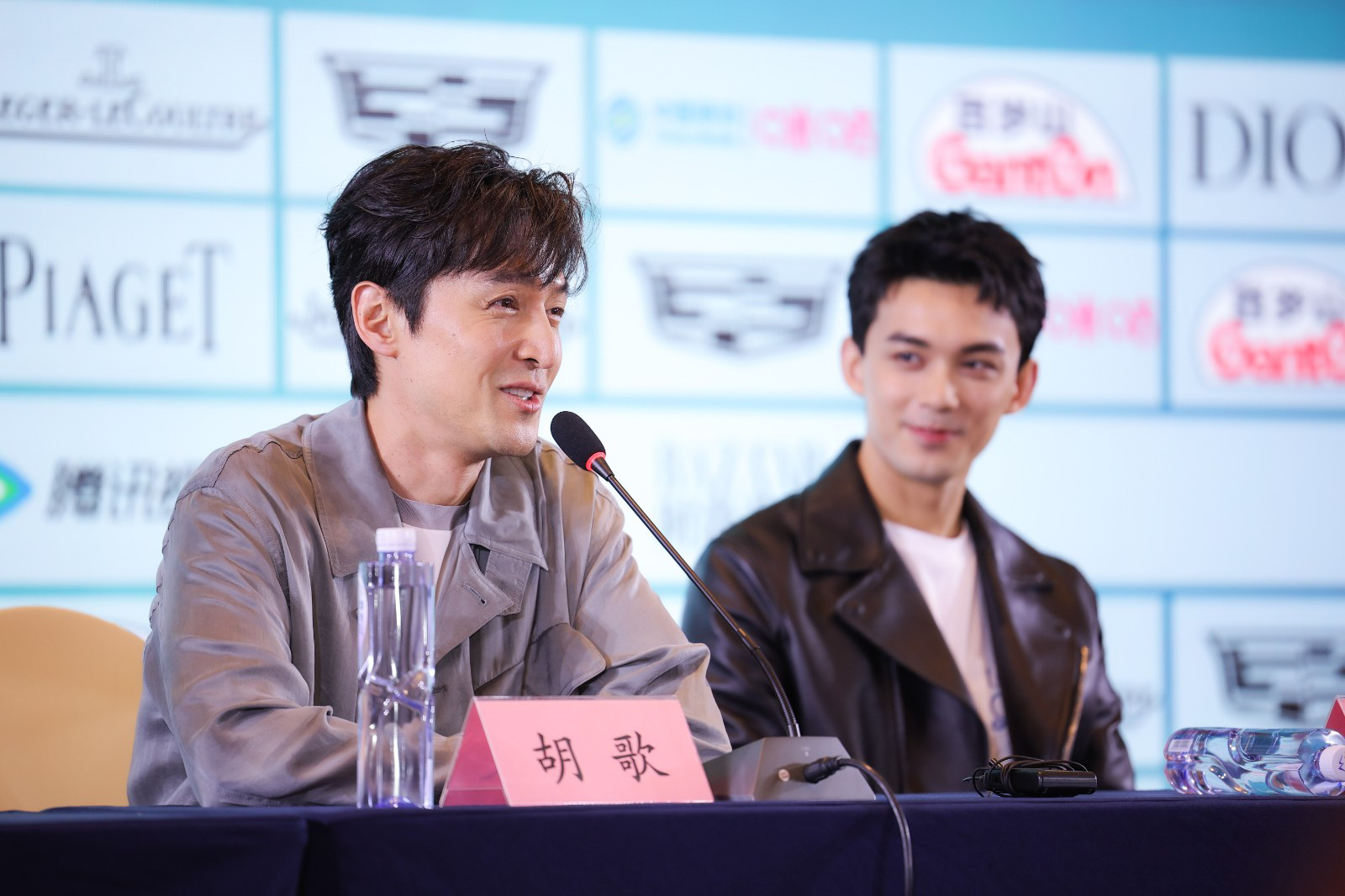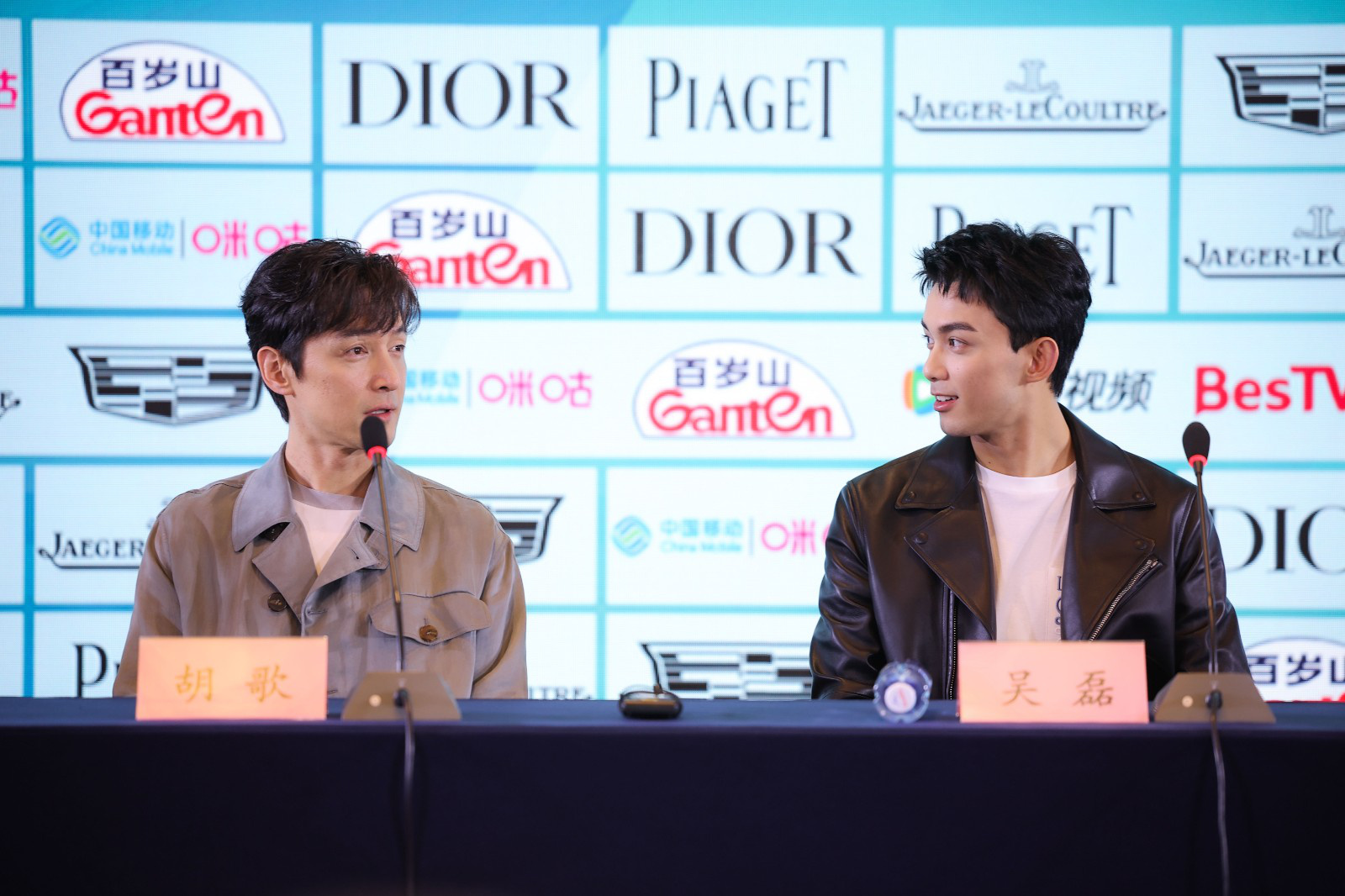

COVER STORY | Cover Story
The most intense and uncomfortable scene in Ruan Jingtian’s heart in "Removing the Three Evils in the Week" was actually when Xiaomei went to prison to shave Chen Guilin. It was one of the few warm moments in Chen Guilin’s life, and it was also the moment when he cried most sincerely. In his heart, just like in Ruan Jingtian’s heart, pain and sadness are not worth crying. What can really penetrate the barrier of the soul and shake the foundation of reason is the beauty in life. The beauty he has experienced has impacted Ruan Jingtian, reshaped him, and healed him. From "The First Brother of the Idol Drama" to being nominated for the Best Actor again, he has been struggling silently for more than ten years. He has never been in a hurry for quick success, nor has he given up halfway. He has just patiently cultivated his mind with daily life and characters, observing its natural growth until he is seen by everyone again.
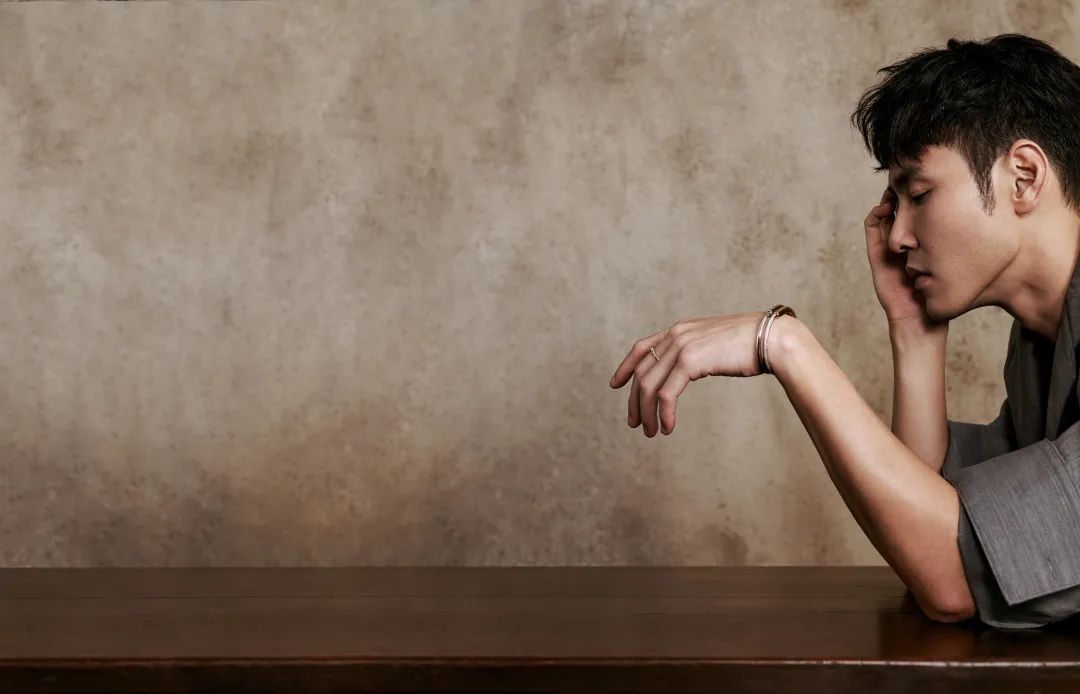
At the 60th Golden Horse Awards, before the Best Actor award, the host Huang Lu Ziyin walked to Ruan Jingtian and opened a "wanted notice" saying that if he wanted to be famous in history today, he would have to "spend double the effort." The wanted notice showed five candidates for best actor, and Ruan Jingtian was at the bottom. He had to kill everyone in front of him like in "Three Evils in a Week."
"But you also have to have the confidence," she continued, "because you are the only one among the five candidates who has been on that stage and won that award!" Ruan Jingtian bowed his head and smiled humbly. At the age of 28, he won the Best Actor by beating three mainland seniors with "Monga". Thirteen years later, he became the oldest of all the candidates.
Thirteen years have changed him a lot. He told Esquire that coming back to the Golden Horse Awards was not about competition and excitement, but a sigh of relief. He felt like he was at a family reunion, talking to everyone about what was going on, and seeing so many good people still working hard, and feeling that he was part of it, it made him feel at ease.
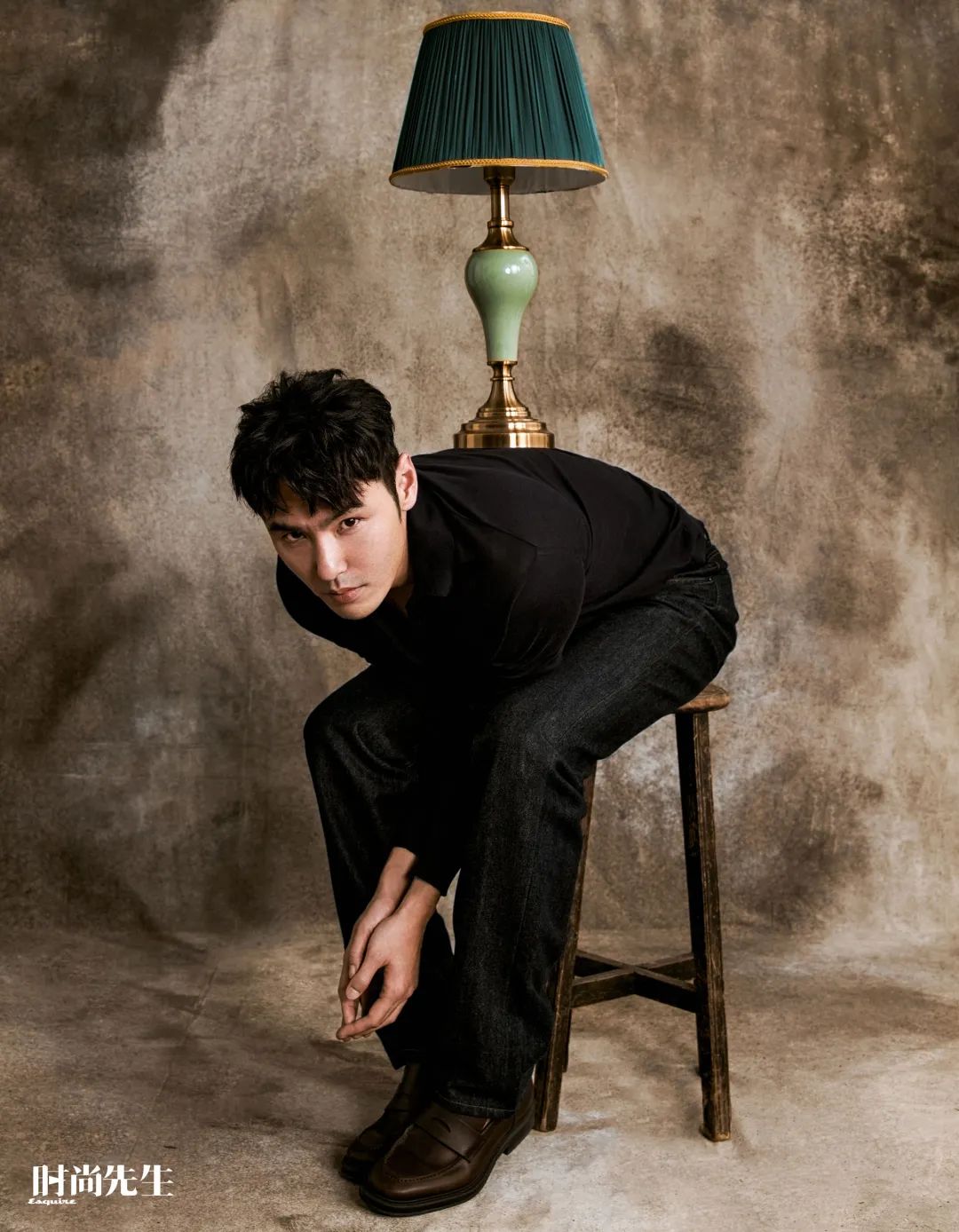
In the spring of 2024, "Three Evils in a Week" became the biggest surprise in mainland theaters. The killer Chen Guilin turned himself in to the police station, only to find himself third on the wanted list, and no one recognized him, so he thought of removing the top two on the wanted list and finally making a name for himself. More famous than the violent plot, it is the climax of the plot, accompanied by a melodious ballad "New Creation", where Chen Guilin slaughtered stubborn cultists. The elegant tunes and simple costumes are in sharp contrast to the mind control and bloody scenes. The corresponding film quickly swept through the short video platform, and the audience called it enjoyable. Anyone who has never seen the movie can probably hum a few words "I used to be at a loss" or "It’s almost time."
Ruan Jingtian, who played Chen Guilin, surprised the audience. This bald, unshaven, tough guy in an oversized shoulder-padded suit turned out to be the overbearing president of the enlightenment "Ji Cunxi" in the hearts of girls more than ten years ago. From Ji Cunxi to Chen Guilin, it was Ruan Jingtian’s 16 years of hard work and the accumulation of countless characters in the middle. Those unique and rich life experiences naturally grew on his body and became his meridians and his armor.
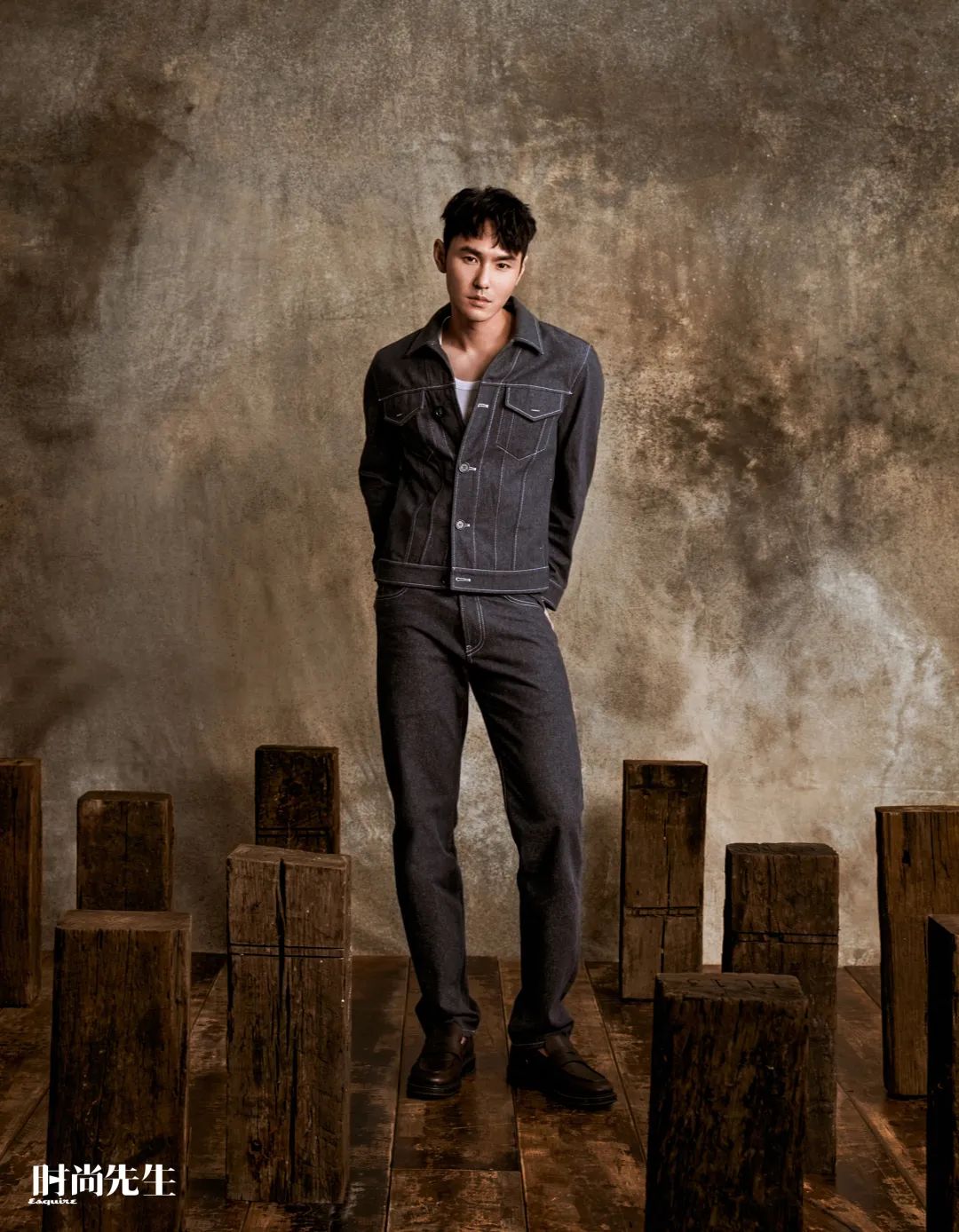
Chen Guilin is not an evil or brutal killer. Most of the time, his eyes are confused and naive. He has been cheated many times in the play, cried and repented at the end of his life, and finally discovered the beauty of life that he did not have time to experience during the ups and downs of his emotions. For Ruan Jingtian, "Removing the Three Evils in the Circle" was almost a fateful encounter with him. From the very beginning of reading the script, he found many parts that belonged to his own memories. Although it was not as extreme as in the play, it also touched him deeply.
In the previous ten years, Ruan Jingtian had not had a good time.
In the era of the idol drama fire, he starred in "I’m in Kenting * The weather is fine", "I’m destined to love you", and "The Queen of Lost Dogs", all of which achieved phenomenal success.
The newly established image of a handsome cream boy soon jumped to another stage after "Monga" in 2010. In this gangster film, he played the "monk" He Tianyou, who became the best actor at the 47th Golden Horse Awards. People began to call him "Idol Drama Brother" and regarded him as a new "Best Actor" standard.
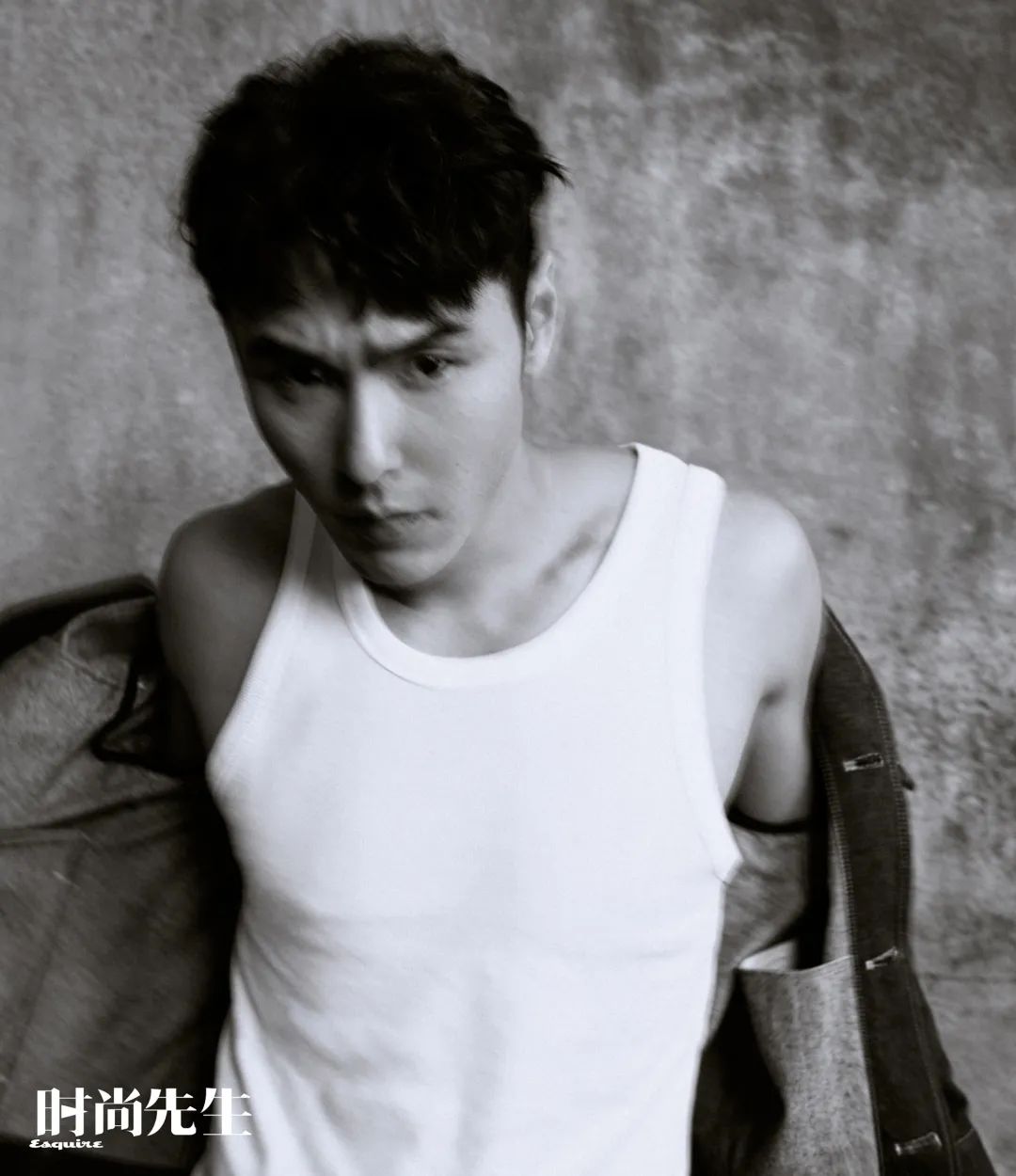
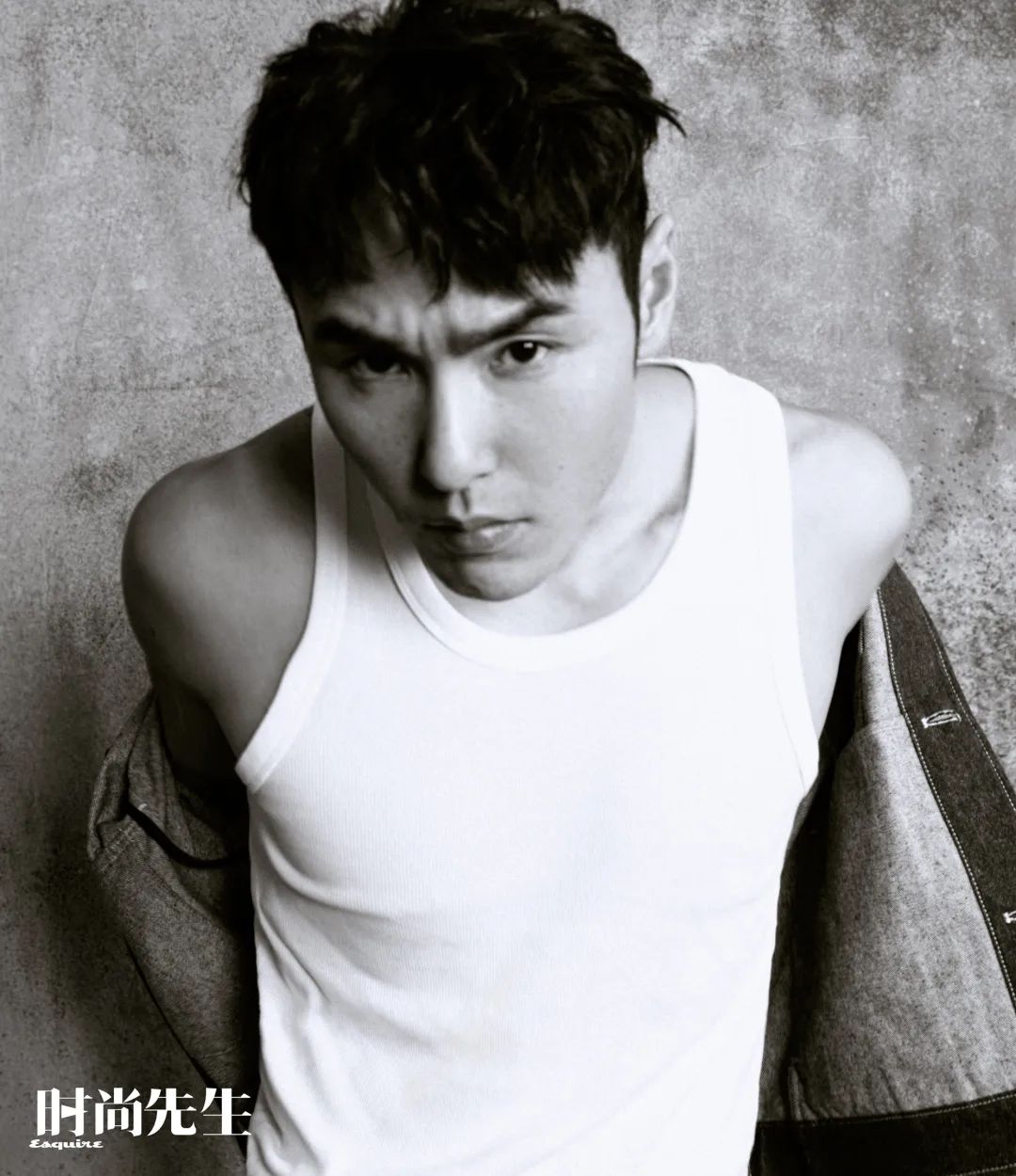
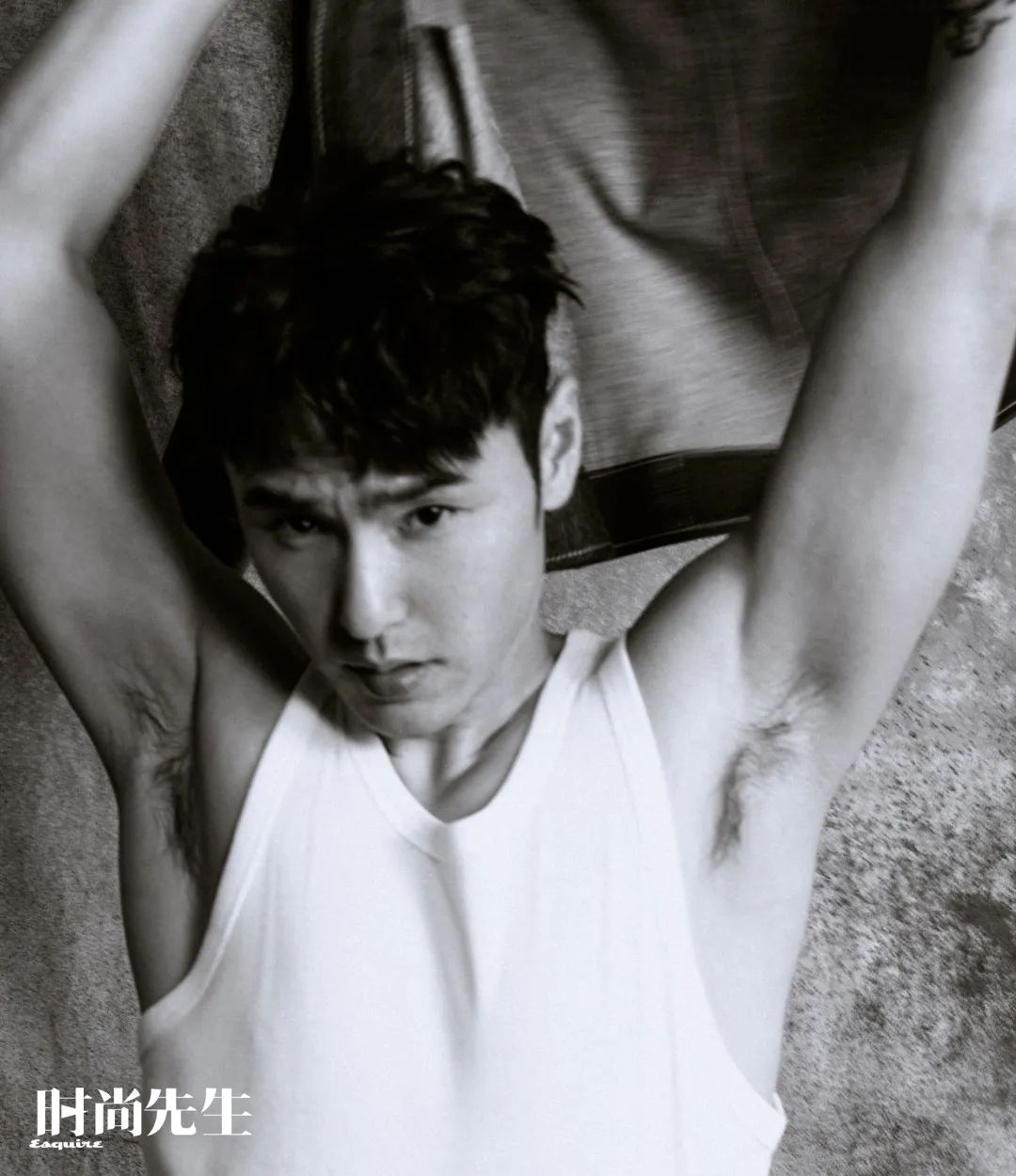
Suddenly, he went from a junior, a director who would teach him how to act and carry him forward, to a widely respected senior. Few people dared to guide him, and criticism turned to praise and praise. He had to give his best to each film, and his identity demanded that of him.
But the road ahead was not smooth. The response to "Blood Drop", "Detective Runaway" and "Murder Like Water" was not as good as expected. The famous director and the big cast did not bring the planned "success". Some of the events that happened during this time left Ruan Jingtian in a painful state of mind. He was confused, self-doubting, and lived a lonely life: celebrating birthdays alone, hiding at parties, and often losing phone contact.
"Success" is a strange word for Ethan. He said of himself that every role he has taken on over the years, whether successful or not in the eyes of the audience, is equally important to him to do his best. He said:
Doing it well is not in line with the director’s expectations, not in line with the audience’s expectations, but in line with my expectations for this role and my expectations for myself. "

His expectations for himself are not specific or deliberate, and do not involve any performance skills or delicate designs. His expectations, or his method, is to become a character. Thinking as a character, acting as a character, even without any special design, can make the audience receive strong and complex emotions through the screen. For Ruan Jingtian, he enters work with a pure state of mind, and the first and most crucial step in his process of becoming a character is "believe".
For Ruan Jingtian and Chen Guilin, this seems to be similar – "believe" comes before "understand". Chen Guilin in the play believes many times: believe in Guiqing, believe in Guan Shengdi, believe in Xiaomei, believe in Lin Luhe ("Venerable One"), believe in law and order. Chen Guilin is the pig who represents "ignorance" and is always deceived. But he can always reflect and grow little by little until he really finds something meaningful to him.

And Ethan’s "belief" came earlier than in the play. He started by believing in shoulder-padded suits, and in the temperature, wind, and light of the set. From these environments, Ethan began to look for signs of Chen Guilin’s true existence. The director Huang Jingfu communicated with him in a very special way. He gave Chen Guilin’s costume to Ethan two months before filming, so that he could experience what it was like to be Chen Guilin every day. And from the very beginning of reading the script, he often asked Ethan some open-minded and far-reaching questions: "What kind of person are you? Where are you from? What do you want to do in the future?" He answered not only as Chen Guilin, but also as Ruan Jingtian.
In these questions and answers, Ruan Jingtian felt that the character was like a plant, growing naturally on him.
Chen Guilin’s unbearable emotions also gradually appeared on him. Huang Jingfu reminded him at the beginning, hoping that he would throw away the current tranquility and peace and return to the ups and downs of the most difficult years. Ruan Jingtian’s confusion and pain gradually overlapped with Chen Guilin’s.

Ruan’s history for Chen Guilin is that of a third-generation provincial who grew up in a village where he was close to his grandmother. This is quite close to his own experience. He took on "Paradise in the Army" because his grandparents, like that story, were Taiwan’s first generation of provincial people. Chen Guilin is a romantic person, but he also has many regrets: he made a lot of money, but found that it was not what his grandmother needed, and finally he could only wear the piggy watch bought by his grandmother to express his thoughts. He yearned for brotherhood, but the only thing left in the end was a suit. He yearned to purify his mind, but eventually found that it was just a scam by his enemies.
For Mr. Ruan, Mr. Chen’s life was a gray composite of the people he met. In daily life, in the park and in the hospital, he would often stop to see what the people next to him were doing. The behavior of the elderly in the hospital often hit him deeply. Their eyes gradually changed over the course of several months, and the desire for life became more and more intense, wanting to grasp the last tail of life. In those eyes, he realized an ultimate simplicity.
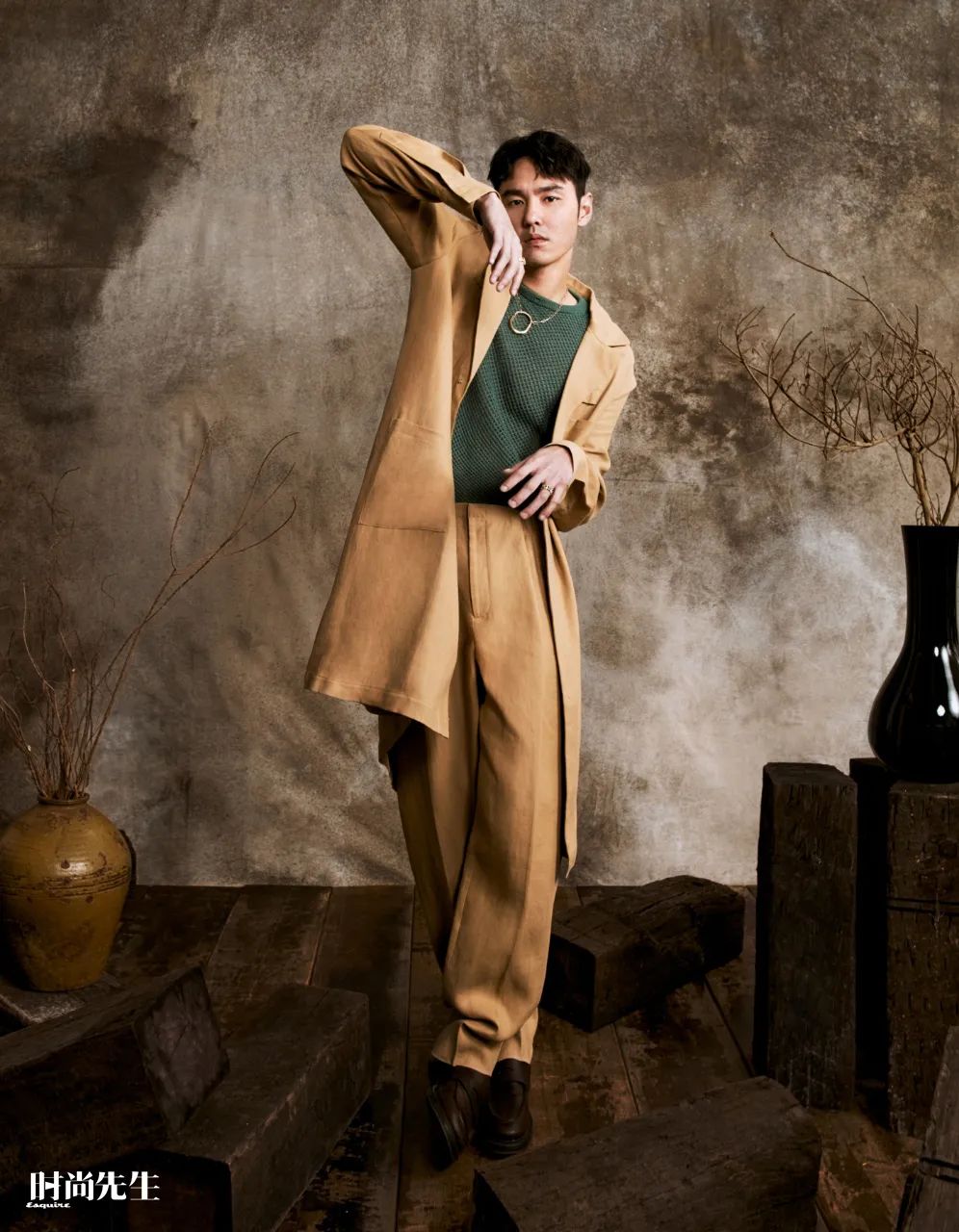
This innocence is also present in Chen Guilin. His brilliant fight with "Aberdeen" spreads from stairs to rivers, wilderness and greenhouses, and although the pistol is at his waist, Chen Guilin insists on hand-to-hand combat. At the end of the paragraph, "Aberdeen" is defeated and faces trial. The last question asked Chen Guilin is "give me a reason". Chen Guilin taps his severed eyebrow. The shot is romantic, wild and heart-wrenching.
The opposite of this simplicity is the constant emergence of regret. In a comprehensive, gray life, people, time, and geography are constantly changing, and changes are often beyond human control and do not listen to human opinions. After sudden and huge changes, people spend a lot of time digesting them, getting along with them, and finally accepting them either satisfactorily or reluctantly. In the face of regret, people’s actions are always intriguing. Ruan Jingtian asked:
You and I have done some things that will make me regret, but now, in Chen Guilin’s present, even if he knows that he will regret it in a few years, will he regret it now? "
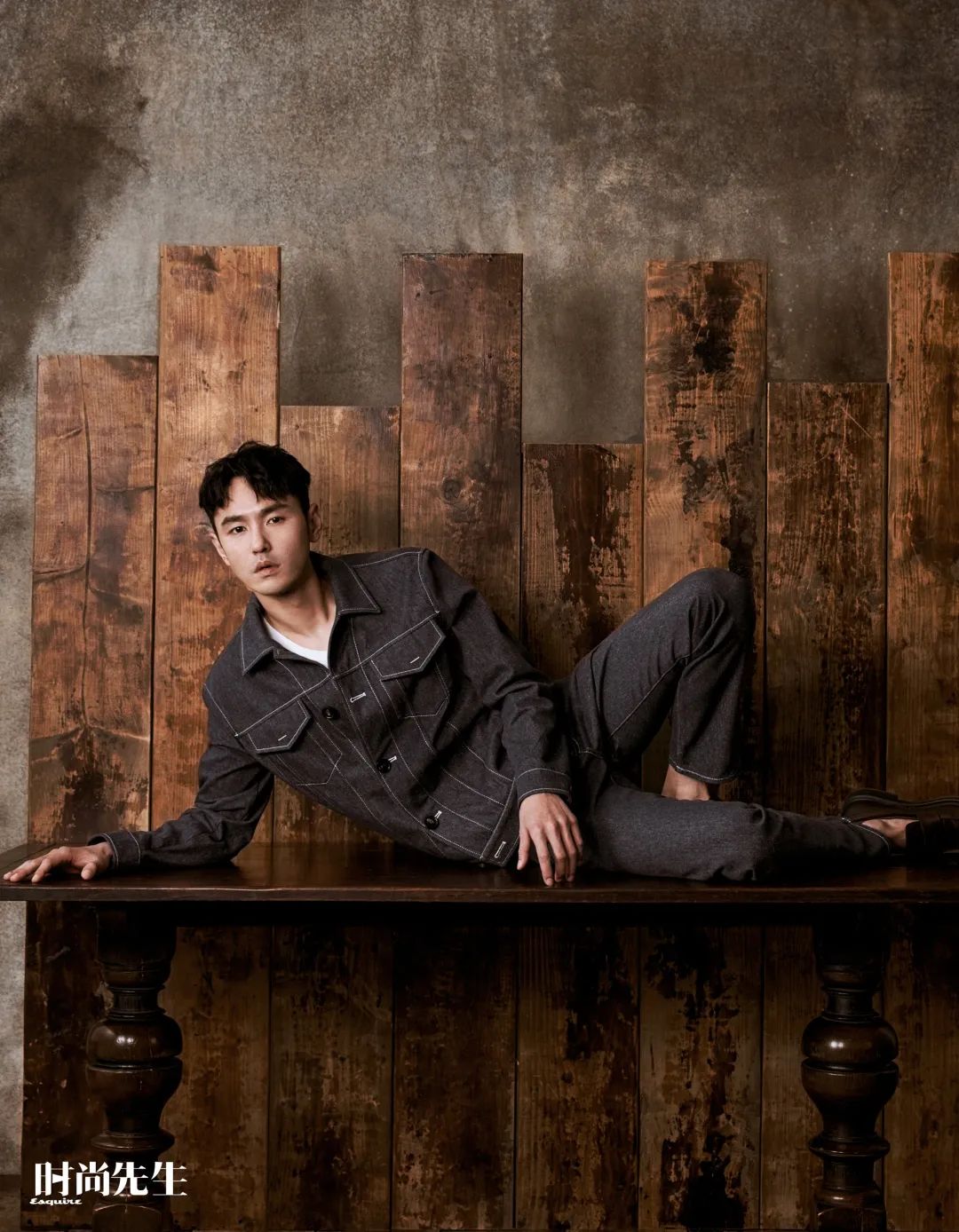
The answer is complicated. Chen Guilin has an urge to fight against fate, and because of this, he devoured the bento and shot "Brother Iron Head" lightly, fled incognito for four years, and began the story of "Removing the Three Harmies in the Circle". Towards the end of the story, Xiaomei shaves Chen Guilin with a blunt electric razor, and he bursts into tears. It was the first time in years that he felt the warmth of the world. At that time, did he feel regret for the course of life and the tricks of fate?
For Ethan, the biggest difference between Chen Guilin and him is that Chen Guilin is a "person without a future." At the end of the film, when Zhang Guiqing visits him and reveals the truth of the story, Ethan feels real sadness. He suddenly realizes that there are so many beautiful things in the world, and he has no chance to experience them again. Compared with loyalty, attachment, regret, and innocence, the regret of losing one’s life is overwhelming, which makes him finally apologize sincerely.
Although the story of "The Three Evils of the Week" is over, Chen Guilin survives as a part of Ruan Jingtian. After filming the movie, Ruan often has a wonderful and fateful feeling. He will send a message to Huang Jingfu, explaining why there are so many coincidences in his life and how it is similar to the script. Those changes are just like what Chen Guilin experienced, which cannot be stopped, and can only be quietly felt and silently participated. During this process, Chen Guilin is like an old friend, continuing to accompany Ruan Jingtian and stand with him.
For Ethan, his amazing growth and transformation has been shaped by the characters who have accompanied him along the way. He loves his work as an actor, and he says he often feels "lucky to have enough time to observe what happens in a character’s life." For better or worse, these very different experiences have become a natural resource for Ethan to nourish himself and grow naturally.

After the movie was completed, Ruan Jingtian was immersed in Chen Guilin’s pain for a long time.
He always tries his best to immerse himself in his characters, so the road to acting is often long.
What really helped him were some friends outside the entertainment industry.
Ruan Jingtian was in a motorcycle group, whose members came from all over the world, from all over the world, and from three religions and nine streams. After the success of "Removal of Three Evils in a Week", friends would occasionally imitate Chen Guilin’s appearance and say to him, "Emperor Guan Sheng gave me nine holy grails" or "It’s about time." Ruan Jingtian would not respond to these words in particular, but in simple exchanges, he could gradually distinguish Ruan Jingtian in the motorcycle group from Chen Guilin on the movie screen. The texture of daily life, those old blandness and longevity, came back to Ruan Jingtian bit by bit in the sound of riders waking him up and the family routine with him. He likes the feeling of being an ordinary person.
Compared with the time spent with the riders and the wonderful sense of fate in the crew, what made Ruan Jingtian happier was the most cherished of all the things that "Removing the Three Evils in the Circle" brought him, which was his mother’s smile.
After seeing the movie, Ethan’s mother said to him: "You are so good, there is no shadow of you in the movie, it is all characters." Then she ran to recommend to her friends: "Go and watch it, I tell you, my son is super good." This gave Ethan a happy redemption. After 20 years as an actor, he has been completely mentally prepared. No matter what criticism he hears or what accidents he encounters, it is a part of doing this job. But the evaluation of him seems to inevitably spread to his family. His mother has not benefited from his status as an actor, but can only bear the blame with him, which makes him unable to get rid of guilt. The joy and pride of his mother is the best harvest that "Removing the Three Evils in the Week" has brought to Ethan.
The most intense and uncomfortable scene in Ruan Jingtian’s heart in "Removing the Three Evils in the Week" was actually when Xiaomei went to prison to shave Chen Guilin. It was one of the few warm moments in Chen Guilin’s life, and it was also the moment when he cried most sincerely. In his heart, just like in Ruan Jingtian’s heart, pain and sadness are not worth crying. What can really penetrate the barrier of the soul and shake the foundation of reason is the beauty in life. The beauty he had experienced impacted Ruan Jingtian, reshaped him, and healed him. From "the first brother of the idol drama" to being nominated for the best actor again, he struggled silently for more than ten years. He never rushed for quick success or gave up halfway.
Written by Chu Zijing
Text Editor, Wang Wenqing
